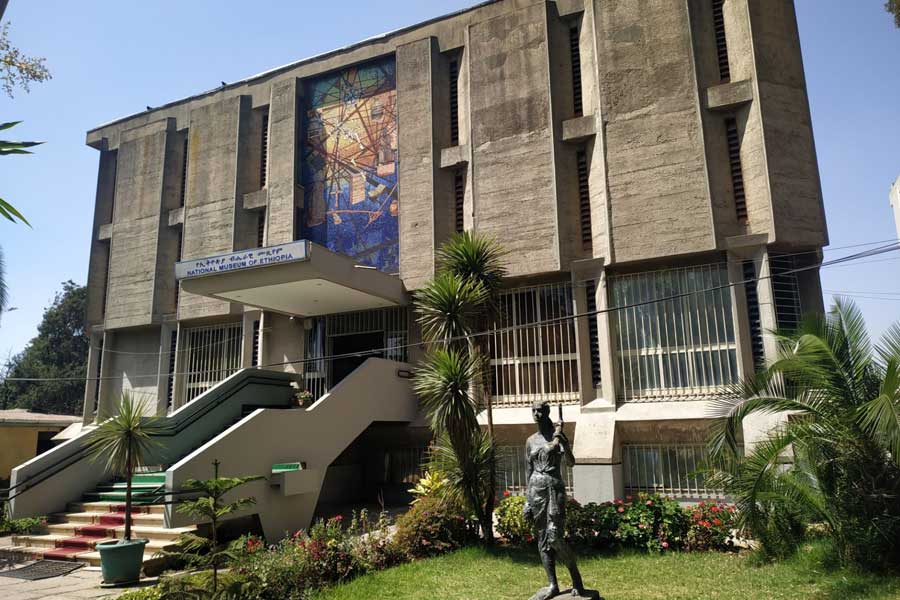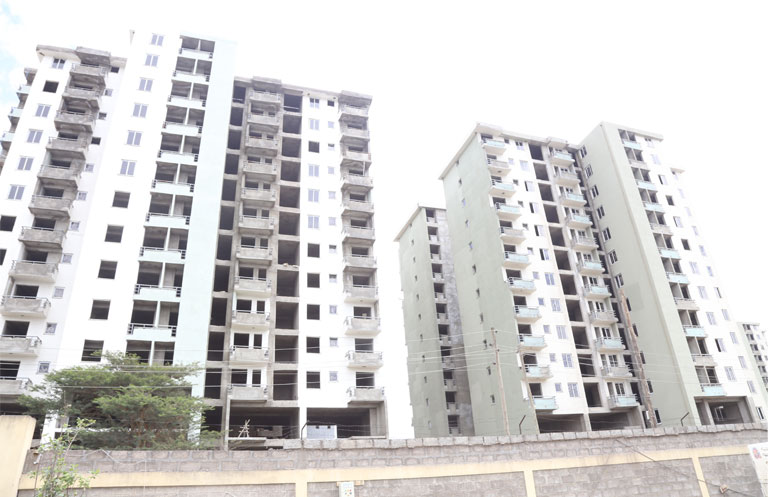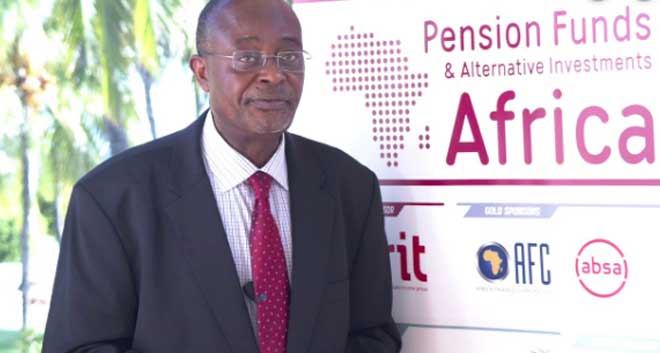
Jan 14 , 2023
By Eden Sahle
I have never met anyone who appreciated court proceedings. It has become a traumatic experience from complex to simple cases and non-trial dispositions as files spend months to years on the shelves waiting for resolution.
The lack of standards for the timely resolution of cases aggravates the problem with no consequences for the delay. The time cases are handled is critical to effectuating the accused's right to a speedy trial and keeping the interests of the public, including victims and witnesses. It also ensures the effective utilisation of the country's limited resources.
From the commencement of cases to their conclusion, so much time is wasted that has nothing to do with the court process.
It is understandable that criminal cases have lengthy procedures. Nevertheless, the absence of a system that monitors the courts' performance and other administrative hurdles creates unnecessary delays. The under-compensated judges are forced to perform beyond their capacity handling several cases daily, affecting both the accused and the victims beyond themselves.
In many cases, an individual charged with an offence will experience significant restrictions on their rights and liberties. The plaintiff may face prohibitions on their ability to drive, restrictions on who they can speak with, and where they can reside that may lead to imprisonment, all while awaiting the conclusion of their charges. Not only do these delays significantly frustrate the individual if she is innocent, but they can also result in prejudice.
Last month, a foreign friend who resides abroad went through a similar situation with the frustrating court system. His company manager took his car to Addis Abeba Transport Bureau to get the local sticker called Bolo. Unfortunately, the manager forgot to paste the Bolo on the windscreen to prove the car's legibility to be driven in the streets for a year. Without realising the situation, he was found driving the vehicle with no sticker on the windscreen.
My friend ended up before the court. He admitted the mistake and was ready to pay the fine after showing the car's annual evaluation from the Bureau. He presumed the decision would take a few minutes, as it did "back home". It took him half a month.
With the tight schedule, he explained the matter to the judge but was threatened to face jail time if he did not meet the requirements. His case was delayed for lack of an interpreter in the court. Even if there was, the proceedings required trials to be held in the Amharic language. The judge postponed the case for another 10 days, citing this reason. Several days later, his case was handled by another judge who openly criticised his peer for wasting the court's time. He got a 1,000 Br fine, and the case was finally closed.
Such resource and time-wasting actions are frequent in courthouses. A case that can be ruled within a few minutes or days takes several days or months. The destructive delayed system of the court proceeding has become common. The system angers the public while costing the country more than it should. Most people have faith in court systems up to the point of dealing with the system. The events are so jarring, frustrating and time-wasting that people are discouraged even to be witnesses in the criminal case they witnessed first-hand.
Hearings take an odd turn that wastes time most of the time. Most assume better systems will be in place once the long-awaited economic development is achieved. They ignore that development only comes with a diligent role-play of responsibility. Poverty has little to do with this, and so is the commitment to take a step forward.
We have lived by accepting inefficiency as the norm at the expense of our time, finance and health. None of these would have been familiar if we all had taken our responsibilities seriously.
Most court benches have much to learn from first-instance court judges, such as the ones at Bole district. They have implemented an efficient system to eliminate delays and speedily adjudicate cases. They have organised efficient and informed people at the registrars who pass on issues to the judge with every relevant document to enable a swift decision.
The efficient system not only reduces the stress of judges but also creates trust from the public. When justice is served well, crimes and offences rate relinquish. It can change the public's perception of courts with a positive outlook.
Although courts are seen to adjudicate high-profile crimes that outraged the public quickly, it has not quite lived up to the expectation of other criminal, civil and minor offence cases. Delaying proceedings is not economical. It does not look good when senior judges perform much less than the amateur leveraging on the quick resolve to cases.
PUBLISHED ON
Jan 14,2023 [ VOL
23 , NO
1185]

Fortune News | Jan 05,2020

View From Arada | Sep 14,2024

Fortune News | Feb 05,2022


View From Arada | Jun 13,2020

Fortune News | Dec 19,2021

Fortune News | Jun 23,2019

Exclusive Interviews | Nov 23,2019

Fortune News | Dec 29,2018

Radar | Jun 12,2021

My Opinion | 132151 Views | Aug 14,2021

My Opinion | 128561 Views | Aug 21,2021

My Opinion | 126482 Views | Sep 10,2021

My Opinion | 124091 Views | Aug 07,2021





Dec 22 , 2024 . By TIZITA SHEWAFERAW
Charged with transforming colossal state-owned enterprises into modern and competitiv...

Aug 18 , 2024 . By AKSAH ITALO
Although predictable Yonas Zerihun's job in the ride-hailing service is not immune to...

Jul 28 , 2024 . By TIZITA SHEWAFERAW
Unhabitual, perhaps too many, Samuel Gebreyohannes, 38, used to occasionally enjoy a couple of beers at breakfast. However, he recently swit...

Jul 13 , 2024 . By AKSAH ITALO
Investors who rely on tractors, trucks, and field vehicles for commuting, transporting commodities, and f...

Jul 12 , 2025
Political leaders and their policy advisors often promise great leaps forward, yet th...

Jul 5 , 2025
Six years ago, Ethiopia was the darling of international liberal commentators. A year...

Jun 28 , 2025
Meseret Damtie, the assertive auditor general, has never been shy about naming names...

Jun 21 , 2025
A well-worn adage says, “Budget is not destiny, but it is direction.” Examining t...

Jul 13 , 2025 . By YITBAREK GETACHEW
The Addis Abeba City Revenue Bureau has introduced a new directive set to reshape how...

Jul 13 , 2025 . By BEZAWIT HULUAGER
Addis Abeba has approved a record 350 billion Br budget for the 2025/26 fiscal year,...

Jul 13 , 2025 . By RUTH BERHANU
The Addis Abeba Revenue Bureau has scrapped a value-added tax (VAT) on unprocessed ve...

Jul 13 , 2025 . By NAHOM AYELE
Federal lawmakers have finally brought closure to a protracted and contentious tax de...